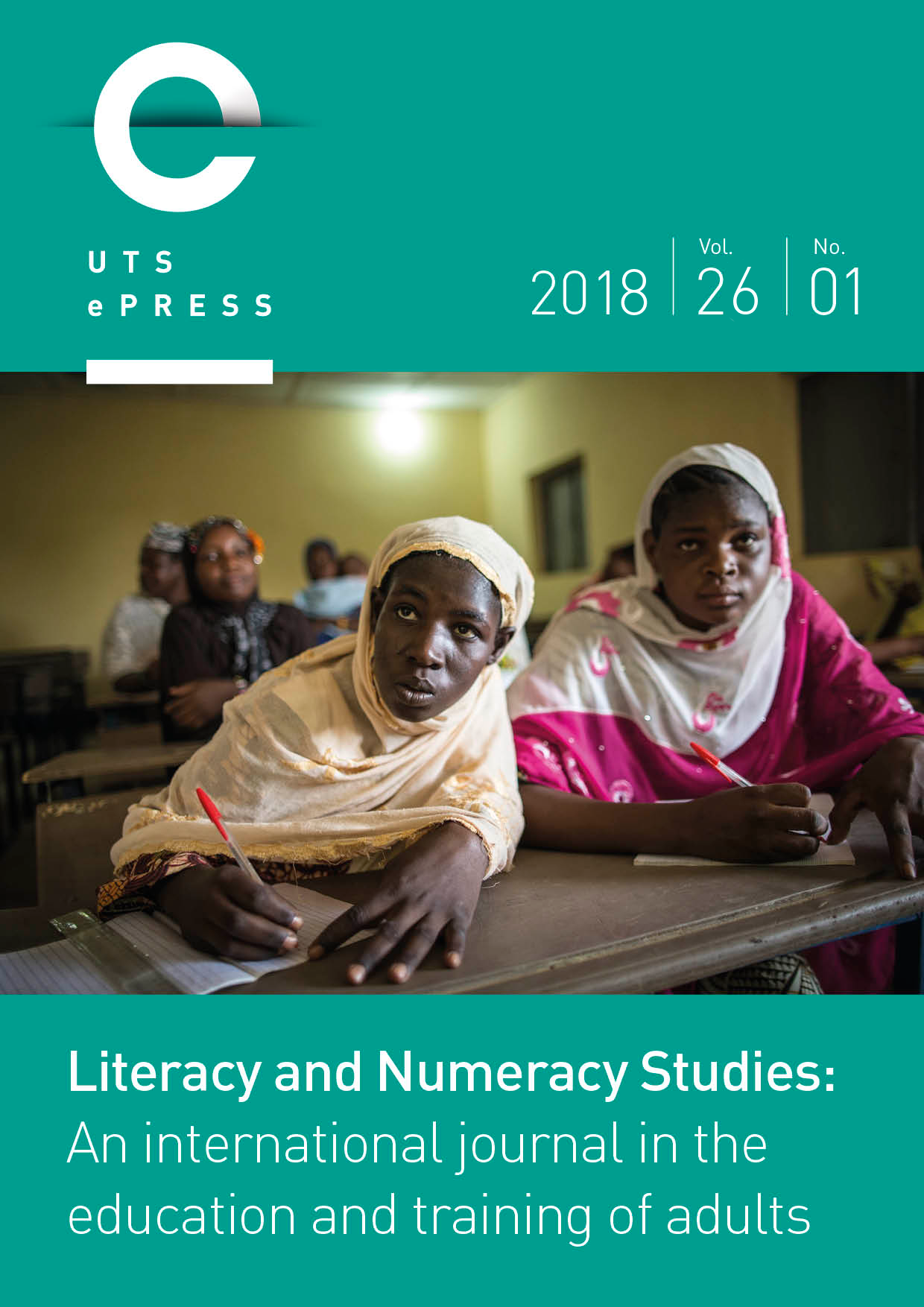Teaching Strategies that Motivate English Language Adult Literacy Learners to Invest in their Education: A Literature Review
Main Article Content
Abstract
Canadian English language programs have seen a recent increase in enrolment by English as a Second Language adult literacy learners. To date, minimal research has been conducted with these learners, leaving literacy teachers with little guidance. In our literature review we found that, because learners often lose motivation due to their lack of or limited education, building motivation and investment must be at the heart of lesson design when teaching adult literacy learners. Thus, we adopted a transformative and post-structuralist framework to extend proven sociocultural theories to the adult literacy learner population. Our article reviewed past literature, incorporated the autobiographical narratives of experienced literacy teachers and provided six teaching strategies for increasing investment and motivation in adult literacy learners: providing relevance, addressing settlement needs, incorporating life experiences, encouraging learner autonomy, promoting collaborative learning, and building self-efficacy. Our article will demonstrate that further research is required in the arena of adult low literacy English language learners.
Keywords
motivation, investment, post-structuralist and transformative framework, teaching strategies, ESL adult literacy learners, limited formal education, English language learner, literature review.
Article Details
Issue
Section
Authors who publish with this journal agree to the following terms:
a) Authors retain copyright and grant the journal right of first publication with the work simultaneously licensed under a Creative Commons Attribution License that allows others to share and adapt the work with an acknowledgement of the work's authorship and initial publication in this journal.
b) Authors are able to enter into separate, additional contractual arrangements for the non-exclusive distribution of the journal's published version of the work (e.g., post it to an institutional repository or publish it in a book), with an acknowledgement of its initial publication in this journal.
c) Authors are permitted and encouraged to post their work online (e.g., in institutional repositories or on their website) prior to and during the submission process, as it can lead to productive exchanges, as well as earlier and greater citation of published work (See The Open Access Citation Advantage Service). Where authors include such a work in an institutional repository or on their website (ie. a copy of a work which has been published in a UTS ePRESS journal, or a pre-print or post-print version of that work), we request that they include a statement that acknowledges the UTS ePRESS publication including the name of the journal, the volume number and a web-link to the journal item.
d) Authors should be aware that the Creative Commons Attribution (CC-BY) License permits readers to share (copy and redistribute the work in any medium or format) and adapt (remix, transform, and build upon the work) for any purpose, even commercially, provided they also give appropriate credit to the work, provide a link to the license, and indicate if changes were made. They may do these things in any reasonable manner, but not in any way that suggests you or your publisher endorses their use.
